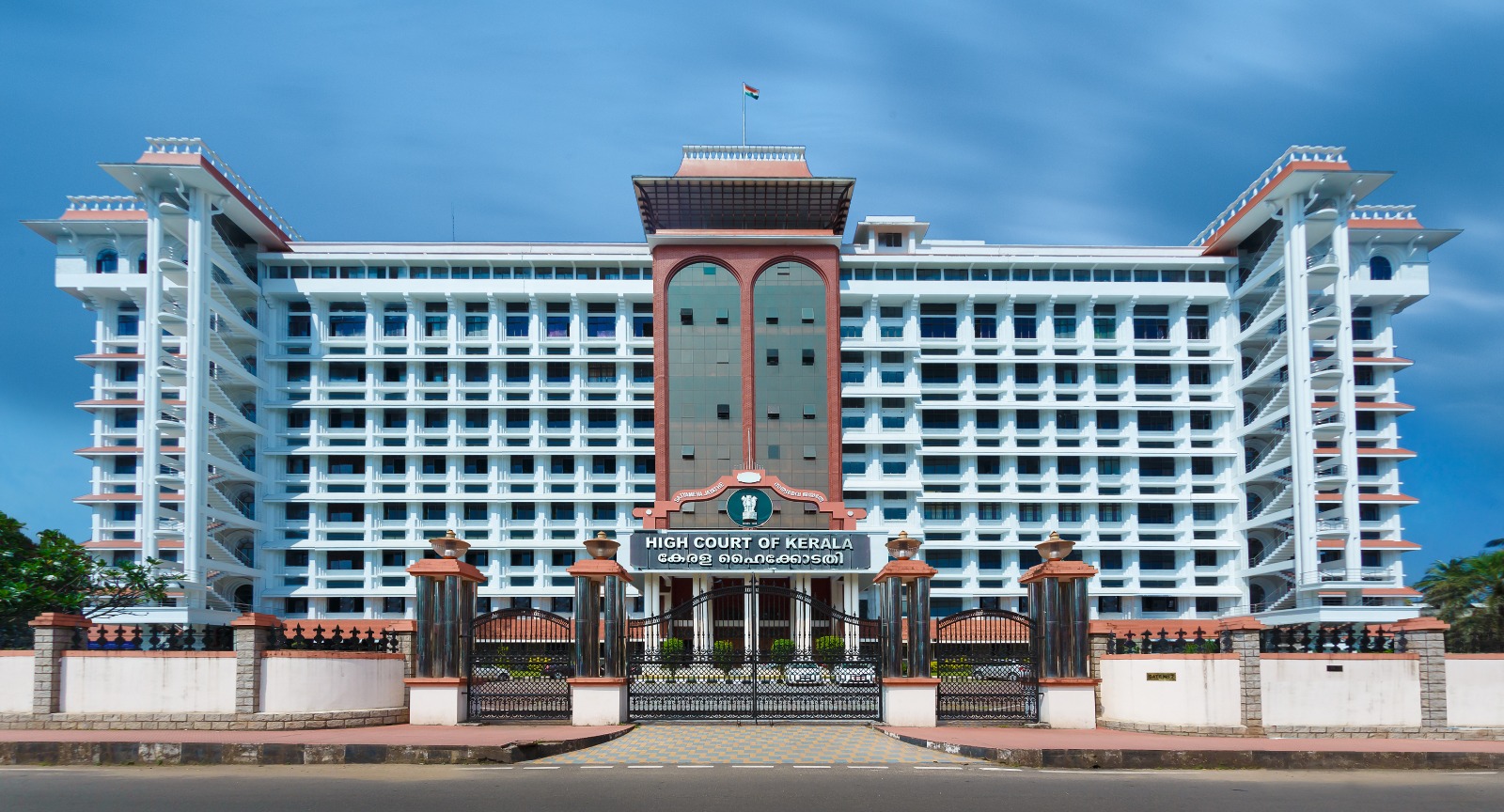G. P. Mittal, J.@mdashThe Appellant Tata AIG General Insurance Company Limited impugns the award passed by the Motor Accident Claims Tribunal, (the Tribunal) wherein the Claimants (Respondents No. 1 to 5 herein) were awarded a compensation of Rs. 7,82,564/- for the death of Raghunandan Yadav (hereinafter referred to as the ''deceased'') who was 41 years of age at the time of the accident. On 26.10.2008, the deceased and Manoj Kumar were travelling on a motorcycle bearing the Registration No. DL-1SQ-0403. At about 9.15 p.m. when they reached at Bhorgarh Alipur Main road, near Petrol Pump Narela, a truck bearing No. HR-55G-9676 came from Bhorgarh''s side and hit the vehicle of the deceased as a result of which he (deceased) sustained grievous injuries, which resulted in his death.
2. The contentions raised on behalf of the Appellant are :-
(i) That there was no proof of negligence on the offending vehicle and therefore the Respondents were not entitled for any compensation.
(ii) That the deceased was not entitled for any increase in income as his income was computed according to the Minimum Wages.
CONTENTION (i):
3. To prove the negligence on the part of the driver of the offending vehicle, the Respondents examined PW-2 (sole eye witness), who testified that the motorcycle was being driven by the deceased on the left side of the road and the offending vehicle came from the opposite direction and hit the motorcycle. The certified copy of the site plan also shows that the motorcycle was lying on the extreme left of the road after the accident. In claim petition the claimant are required to prove negligence only on the touchstone of preponderance of probability, which has been successfully proved in this case.
4. Additionally, the driver or the owner did not enter the witness box to contradict the version as put forth by PW-2 nor cross examined him. In these circumstances, the finding of the Tribunal, cannot be faulted with.
CONTENTION (ii) :
5. It is urged by the learned counsel for Appellant that the tribunal had erred in adding 50% increase to the Minimum wages for computing the loss of dependency. In
6. A perusal of the Notifications issued under the Minimum Wages Act would show that the minimum wages of a non-matriculate were revised from Rs. 3876/- on 01.08.2008 to Rs. 5850/- on 01.02.2010. Thus, it has to be noticed that there was increase of about 50% in the minimum wages just in a year and a half. This was not only on account of inflation but also to provide a better standard of living to the people of the lower strata of the society.
7. In Renu Devi & Ors. (supra) it was held as under:-
9. In a recent decision of this Court Sh. Narinder Bishal and Anr. v. Sh. Rambir Singh and Ors., MAC App. 1007-08/2006, decided on 20.02.08 by Kailash Gambhir, J., it has been observed as under:-
For determining the earning of the deceased or victim of the accident, the claimants are supposed to prove the exact income of the deceased by leading some cogent and reliable documentary evidence as to the nature of his employment or trade or business or in any other activity he was involved in and then the said income can be taken into consideration for determining the quantum of compensation and if in such a case, the claimants are further able to establish the future prospects as well, then the criteria laid down in Sarla Dixit''s case would get attracted. There can be another category of cases where the claimants are able to establish the future prospects of the deceased by quantifying the amount to be earned by the deceased in future with the help of cogent, reliable and convincing evidence and in all such cases the tribunal can take into consideration such future increase as has been established by the claimants on record. The difficulty however, would arise in all those cases where although the claimants are able to sufficiently establish on record the educational qualification of the deceased or the nature of his employment whether skilled, semi-skilled or unskilled but fail to establish by any reliable evidence to prove the exact income of the deceased. In such cases, question arises whether the Tribunal can take into consideration the minimum wages and the periodical revision of minimum wages as are fixed by the Government under the Minimum Wages Act. To examine this question, it will have to be considered whether the revision which takes place under the Minimum Wages Act can be equated with the future prospects of a deceased. As would be evident from catena of judgments of the Supreme Court, the future prospects have no correlation with the price index, inflation or denunciation of currency value.
The future prospects would necessarily mean advancement in future career, earnings and progression in one''s life. It could be considered by seeing, from which post a person began his career, what avenues or prospects he has while being in a particular avocation and what targets he/she would finally achieve at the end of his career. The promotional avenues, career progression, grant of selection grades etc. are some of the broad features for considering one''s future prospects in one''s career.
The minimum wage, in the very context of economy has a correlation with the growth and development of the nation''s economy, postulating increase in the price index, reduction of purchasing power with the denunciation of currency value and consequent fixation of minimum wages giving some periodical increase so as to ensure sustenance and survival of the workman class. Keeping this in view, under no circumstance the revision of minimum wages can be treated on the same footing with the factor of future prospects.
10. In The New India Assurance Co. Ltd. v. Smt. Nirmala Devi and Ors., (2007) VI AD (Delhi) 730, this Court held:-
A perusal of the minimum wages notified under the Minimum Wages Act show that the minimum wages gets increased by nearly 150% in 10 years.
11. The Court further observed:-
Noting that minimum wages virtually double after every 10 years to neutralise increase in inflation, cost of living, purchasing power of rupee....
12. Since the minimum wages have doubled in the past 10 years as per the Minimum Wages Act, therefore, safely the said increase at least can be taken in view as a future increase of double Minimum Wages under the Minimum Wages Act. Applying the said criteria, the income of the deceased as assessed in the year 2005 would increase to Rs. 4,800/- and taking an average of the same, the Tribunal rightly assessed the income of deceased at Rs. 3,200/- per month.
8. Therefore, the Tribunal rightly took the minimum wages of a non-matriculate (as the deceased produced his school certificate proving that he had passed 8th Class) which were Rs. 3876/- per month at the time of the accident and then added 50% towards the increase in minimum wages.
9. I do not find any infirmity in the award passed by the Tribunal. The Appeal is without any merit. No costs. Pending applications also stand disposed of.

